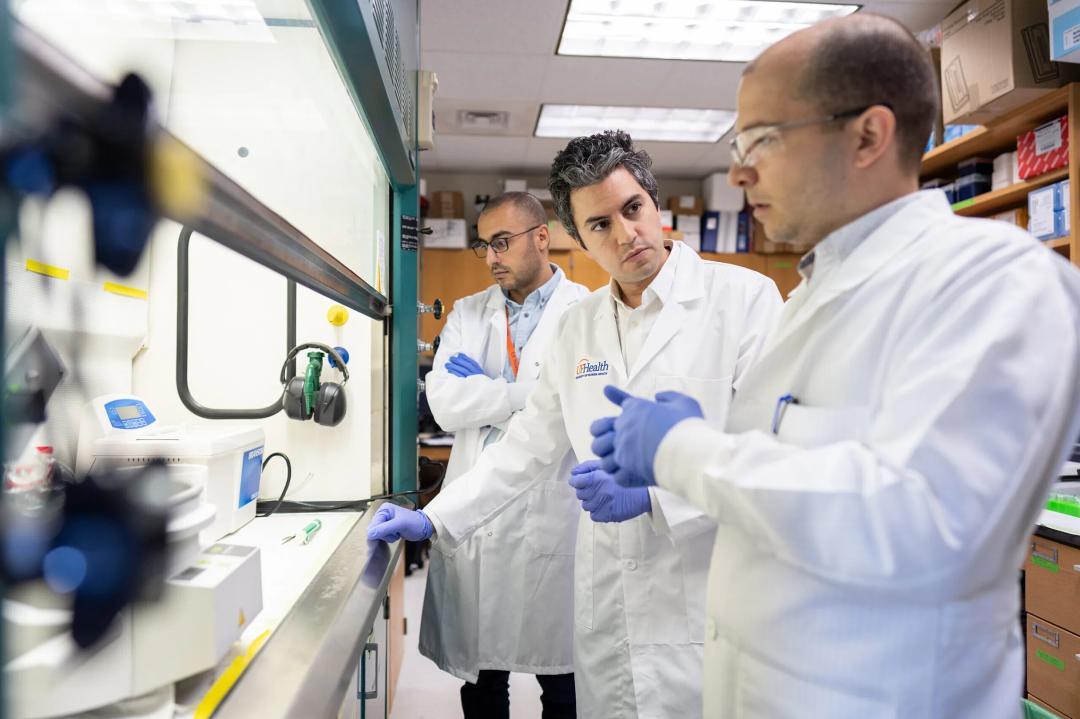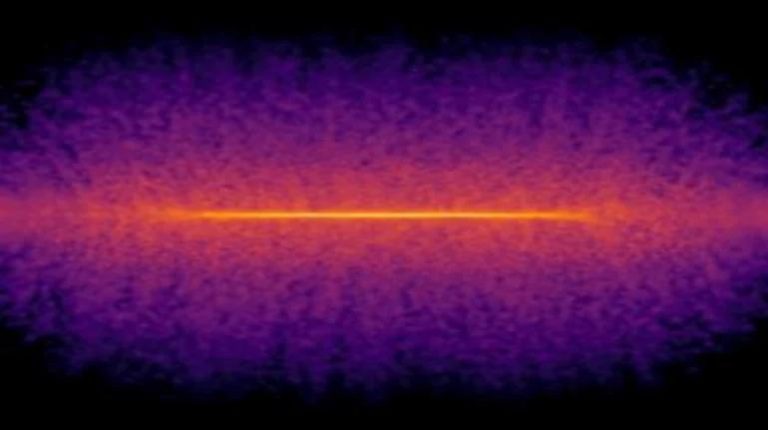
Experimental mRNA Vaccine That Could Pave the Way for Universal Cancer Vaccine Developed
In a groundbreaking breakthrough, researchers at the University of Florida have made a surprising discovery that could potentially lead to the development of a universal cancer vaccine. The team, led by Dr. Michael Betancourt, has developed an experimental mRNA vaccine that, when combined with common anticancer drugs, has shown the ability to boost tumour resistance in mice.
This innovative research has significant implications for the treatment of various types of cancer, and could potentially pave the way for a vaccine that can effectively combat multiple types of cancer. The study’s findings were published in the journal Science Advances and received support from several US federal agencies and foundations, including the National Institutes of Health.
The concept of a universal cancer vaccine is not new, but the development of such a vaccine has been a significant challenge. Traditional cancer vaccines have been designed to target specific types of cancer, such as melanoma or lung cancer, and have shown varying degrees of success. However, these vaccines are often limited in their ability to address other types of cancer, and may not provide long-term protection against tumour recurrence.
The University of Florida researchers took a different approach by using mRNA technology to develop a vaccine that can target multiple types of cancer. mRNA, or messenger RNA, is a molecule that carries genetic instructions from DNA to the ribosome, where proteins are synthesized. In this study, the researchers used mRNA to encode a specific protein that is present in the tumour cells of most types of cancer.
The vaccine was tested in mice, and the results were astounding. When combined with common anticancer drugs, the vaccine was able to boost tumour resistance in the mice, effectively preventing tumour growth and metastasis. The researchers found that the vaccine was able to induce a strong immune response, which was responsible for the tumour resistance.
“This is a very exciting finding, and we believe that it could have a significant impact on the treatment of cancer,” said Dr. Betancourt, lead author of the study. “The ability to target multiple types of cancer with a single vaccine could revolutionize the way we approach cancer treatment.”
The researchers used a combination of mRNA encoding and lipid nanoparticles to deliver the vaccine to the mice. The mRNA was modified to include a specific sequence that allowed it to be taken up by immune cells, such as dendritic cells, which then presented the antigen to the immune system. The lipid nanoparticles, which are commonly used in mRNA vaccines, helped to deliver the mRNA to the immune cells.
The study’s findings have significant implications for the development of a universal cancer vaccine. The researchers believe that the vaccine could be used in combination with other treatments, such as surgery and radiation therapy, to enhance tumour resistance and improve patient outcomes.
“We are eager to continue studying this vaccine and exploring its potential in human clinical trials,” said Dr. Betancourt. “We believe that it could be a game-changer in the treatment of cancer, and we are excited to see where this research takes us.”
The University of Florida researchers are not the only ones working on a universal cancer vaccine. Several other teams around the world are also exploring this concept, and there is a growing sense of optimism that a universal cancer vaccine could become a reality in the near future.
While there is still much work to be done, the University of Florida’s experimental mRNA vaccine is an important step forward in the development of a universal cancer vaccine. The study’s findings provide a promising glimpse into the potential of mRNA technology in cancer treatment, and could help to pave the way for a new era in cancer therapy.
Source:
https://ufhealth.org/news/2025/surprising-finding-could-pave-way-for-universal-cancer-vaccine






